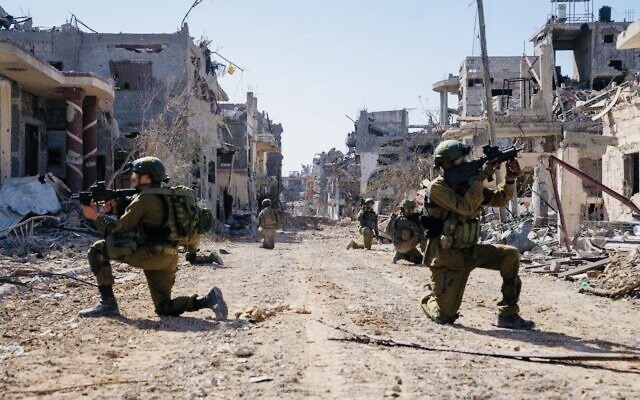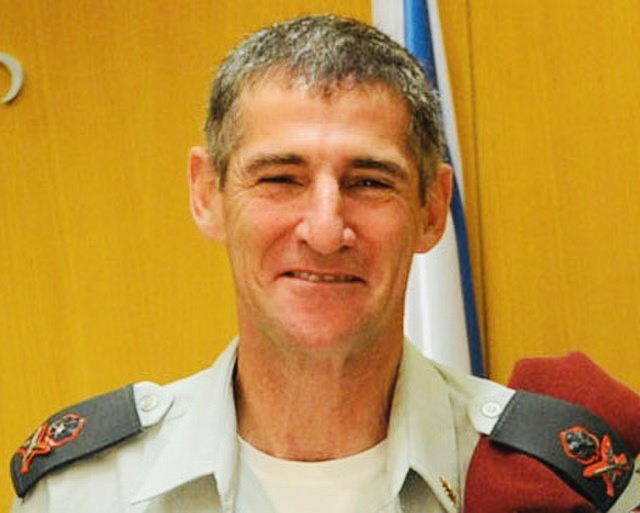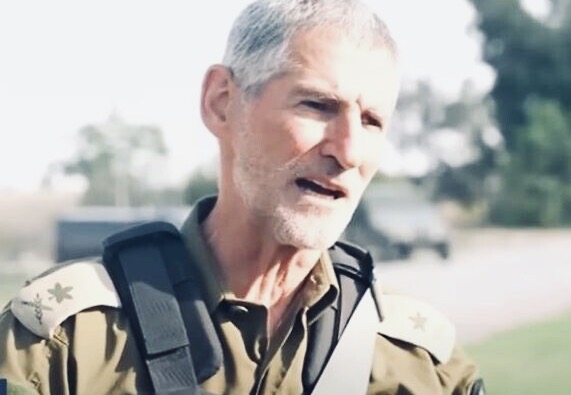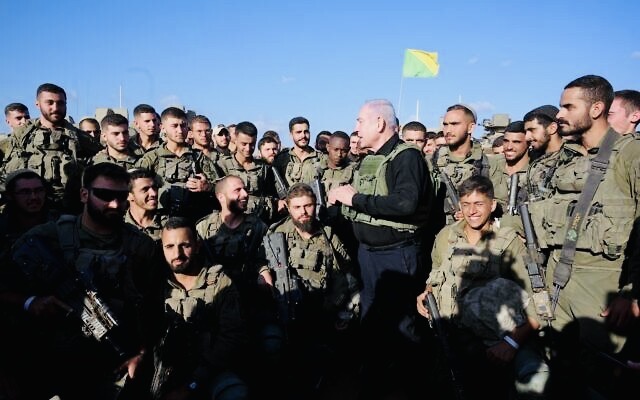Yair Golan, the former deputy commander of Israel’s armed forces, has cast doubt on the feasibility of an Israeli ground invasion of the southern Gaza Strip, the probable locale of Hamas’ leadership.
Speaking at a Canadian Friends of Peace Now webinar several days ago, Golan said the Israeli army will find it “almost impossible” to conduct a full-fledged military campaign against Hamas in the highly congested urban landscape of southern Gaza.
Israel and Hamas may well clash in skirmishes in southern Gaza, he allowed, but Israel may have to avoid intense and sustained warfare there due to its high population density.
And years may elapse before Gaza as a whole is pacified, he warned.
Claiming that Israel adhered to international standards in conducting its military campaign in northern Gaza, Golan said that collateral damage in the form of civilian casualties and bombed buildings was unavoidable.

Israel invaded northern Gaza on October 27, but halted its offensive there a week ago. In an agreement negotiated by Qatar, Egypt and the United States, Israel acquiesced to temporary pauses to allow Israeli and foreign hostages to be freed on a daily basis in exchange for the release of Palestinians in Israeli prisons and the resumption of humanitarian aid into Gaza.
All the while, Israeli Prime Minister Benjamin Netanyahu and Defence Minister Yoav Gallant have vowed to resume the war in all of Gaza once this transitory phase ends.

Golan, the deputy chief of staff from 2014 to 2018, retired in 2018 and was elected to the Knesset in 2019 as a representative of the left-of-center Meretz Party. From 2021 until 2022, he served as deputy minister of the economy under the short-lived premierships of Naftali Bennett and Yair Lapid.
When Hamas attacked Israel in devastating raids on October 7 that claimed the lives of 1,200 Israelis and foreigners, Golan drove to southern Israel and rescued six people who had attended a music festival overrun by terrorists.

In speculating why Israel will have trouble fighting in southern Gaza, Golan listed two reasons.
Since the transformation of northern Gaza into a battleground, most of its Palestinian residents have heeded Israel’s call and fled southward, with the result that the majority of Gazans are now concentrated in the south.
Israel, too, is increasingly under pressure from friends and foes alike to accept a truce and cease hostilities altogether so that a humanitarian crisis is not replicated in southern Gaza.
Golan has no clue how long the current pause will last, but he is certain that Hamas remains fully committed to its interlocking objectives of destroying Israel and establishing an Islamic Palestinian state to supplant it.
Branding Hamas as a cruel and ruthless enemy, Golan said that Israel’s war aims should be to degrade its military capabilities, to create new and durable security arrangements to block the infusion of fresh weapons and munitions into Gaza, and to set up a regional front against Iran, Hamas’ chief supporter and enabler.
At the same time, Israel must rebuild kibbutzim in southern Israel that Hamas terrorists ransacked on October 7. “We need to rebuild our communities around Gaza in a national recovery effort,” he said. “It’s extremely important to recover from this major disaster. We need to do this now.”
In conjunction with these initiatives, Israel should embark on a reconciliation process with Palestinian moderates ready and willing to accept a two-state solution. The Palestinian Authority, which ruled Gaza until 2006 and is now based in the West Bank, should be incrementally involved in a movement toward peace.
Golan believes that Israel should refrain from annexing territory in the West Bank and should instead strive to separate itself from the Palestinians in Gaza and the West Bank.
Although he thinks that Israel should retain some of its settlements in the West Bank, the final border between Israel and a Palestinian state should approximately resemble the pre-1967 boundary on a 78-22 percent ratio.
“I don’t see any other solution,” he said, noting that a political agreement along these lines will enable Israel to be a unified and cohesive nation.
For a scenario like this to unfold, Israel requires a change of government and a new prime minister as soon as possible through fresh elections, he said.

Netanyahu can no longer govern Israel because he is a corrupt politician and an unsuitable leader who values his personal interests over the interests of the country. “We need a proper and positive leadership,” he said. “This unacceptable government has to be replaced by a reasonable government.”
